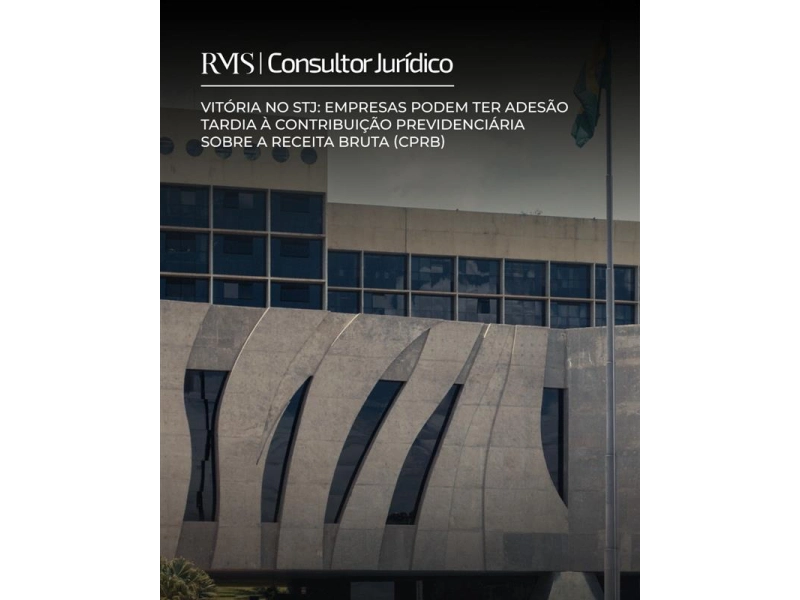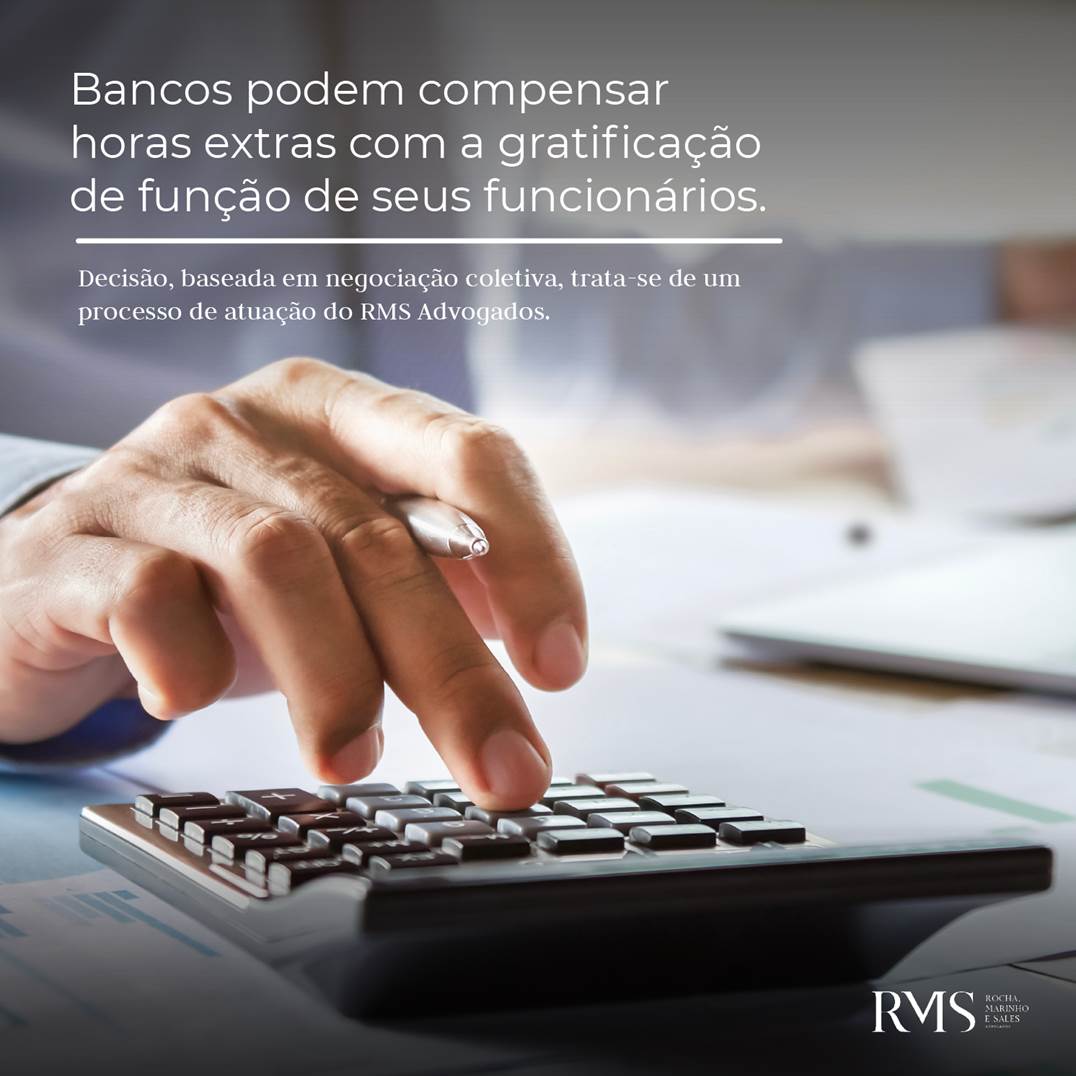
(PT) Vitória no STJ: Empresas podem ter adesão tardia à Contribuição Previdenciária Sobre a Receita Bruta (CPRB)
Sorry, this entry is only available in PT.

Provisional Measure of the Legal Taxpayer, which provides rules to encourage the renegotiation of debts of individuals and companies with the Federal Government; lawyers specializing in Tax Law differ on the effectiveness of the text
Provisional Measure (MP) 899/2019, which regulates the negotiation of tax debts with the Federal Government, can accelerate agreements and the fiscal recovery of companies, but still keeps most of them ‘helpless’, say lawyers in the area of Tax Law heard by the State.
The Senate approved the Provisional Measure of the Legal Taxpayer, which provides rules to stimulate the renegotiation of debts of individuals and companies with the Federal Government. The rule allows the government to negotiate debts, making room for a “new Refill” and will now pass through the sieve of President Jair Bolsonaro.
The vote was unanimous among the 77 senators who participated in the session. The text had already been approved, last week, by the deputies.
The MP is a bet by the government to be able to receive debts that would hardly be paid in the current scenario. The text is limited to debts classified as “irrecoverable or difficult to recover”. Debts related to Income Tax (IR) and Social Contribution on Net Income (CSLL), for example, may be renegotiated. Debts with Simples Nacional and FGTS, on the other hand, are not covered.
For lawyer Geraldo Wetzel Neto the measure will not be able to restore the fiscal balance of the companies. “The discounts offered are similar to those of other programs, but the participation of the taxpayer does not require the agreement by the PGFN. Therefore, it is very different from other programs that depended only on adhesion ”, evaluates Neto, who is a partner and coordinator of the Tax and ICMS area at Bornholdt Advogados.
According to him, even though the tax recovery programs are instruments that encourage fiscal defaults, the Union, States and Municipalities should consider the weak growth of the economy in the last five years combined with the exceptional moment of crisis due to the Coronavirus pandemic.
“In view of this situation, the fiscal recovery must be wide and immediate, with different conditions according to the period of the debt and, above all, it should allow at least part of the debts to be settled based on the company’s billing, considering fixed monthly interest and a term maximum of 30 years for payment ”, he says.
For lawyer Camila Mazzer de Aquino, the MP is the beginning of a new moment for Brazilian Tax Law, in which there is an effective space for the renegotiation of tax credits, especially those that are difficult to recover. “The regulation brings a clear benefit for PGFN and also for some debtor companies, especially in the current scenario, with the impacts of Covid-19 on the economy”, says Camila, who is the coordinator of the tax area at WZ Advogados.
However, according to Camila, there is still a long way to go for the country to have efficient and recurring tax transactions. “The approved text maintains the helplessness of micro and small companies, framed in the Simples Nacional, and leaves the future complementary law to authorize transactions for these companies. With this, it misses the opportunity to regulate the transaction for most companies in the country ”, she criticizes.
Wilson Sales Belchior, federal advisor to the OAB, says that the reduction in fines, interest and legal charges in transactions involving, among others, individuals and micro and small companies is proving, at this moment, a reinforcement to face the developments of the pandemic.
“Taxpayers are required to pay attention to the commitments made at the time of the transaction, considering the particularities of each context, especially the nature of irreversible and irrevocable confession as to the credits covered by it, guided primarily by the liquidity and payment capacity”, says Belchior , who is also a partner at Rocha, Marinho E Sales Advogados.
The lawyer Gustavo Fávaro Vaughan affirms that the feasibility of the transaction seems to be conditioned to the opinion of the Federal Government, which, in judgment of opportunity and convenience, should assess, in a reasoned manner, whether the amicable composition of the dispute with the adverse party serves the public interest.
“Regardless of any criticisms that may arise to their devices, the MP in question offers advantages and benefits to individuals and companies in financial difficulty, allowing the renegotiation of their debts with the Public Finance and, consequently, benefiting entrepreneurs at the same time in which it reinforces public coffers through the effective and swift return to the government of values that could take years to recover. MP n. 899/2020 thus allows for the proper treatment of matters disciplined by it through self-composition, which undoubtedly contributes to social pacification ”, concludes the lawyer at Cesar Asfor Rocha Advogados.
Source: O Estadão

Sorry, this entry is only available in PT.

Sorry, this entry is only available in PT.